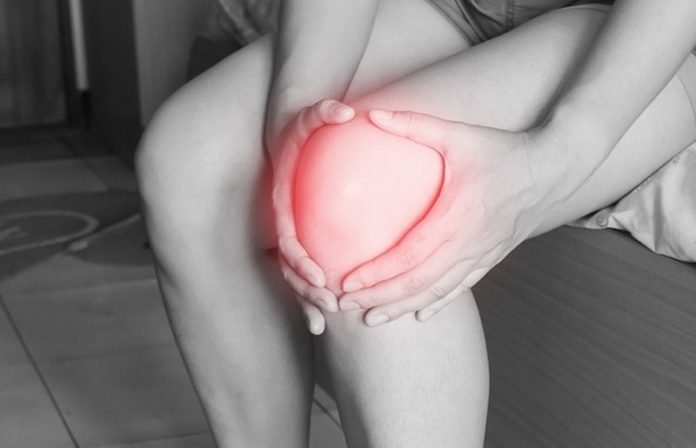
Stiffness in our tissues causes tension in our cells.
In a new study, researchers found that stiffness impacts the innate immune system by upping its metabolism. It can drive immune responses in many chronic diseases.
The findings suggest the cellular tension likely sets off an inflammatory loop that contributes to the development of chronic diseases of aging.
The research was conducted by a team at the University of Toronto and elsewhere.
While viruses and bacteria are key players in triggering an immune response, the researchers think that the forces in the environment around the cells are an extremely important part of the puzzle that influences immunity
Stiffness in body tissues and the resulting cellular tension changes in most diseases, as well as in aging itself.
The team says there are a number of diseases predicted to be influenced by the impact of tissue stiffness on the immune system.
Heart disease, cancer, and lower lung disease are among the top causes of death in the U.S.
Computer algorithms from this study show that all of these conditions are strongly modulated by genes or protein interactions that are induced by tension in the immune system.
Noting that tissue stiffness is a well-known phenomenon linked to aging (for instance, the lungs and their blood vessels can double in stiffness with age), the team says it’s likely that the interaction with the immune system contributes to the low-grade chronic inflammation that fuels many of the diseases of aging.
Techniques now exist (via an add-on to Magnetic Resonance Imaging or ultrasound) that enable the mapping of tension in specific tissues and organs.
The team says the ability to track the tension could provide a biomarker of aging and make it easier to test new drugs.
One author of the study is Buck Associate Professor Dan Winer, MD.
The study is published in Cell Reports.
Copyright © 2021 Knowridge Science Report. All rights reserved.



